Vitamins
Vitamins are a heterogeneous group of organic compounds essential for the growth and maintenance of animal life. The majority of vitamins are not synthesized by the body or at a rate sufficient to meet physical needs. They are distinct from the major food nutrients (proteins, lipids, and carbohydrates) in that they are not chemically related to one another, are present in very small quantities within animal and plant foodstuffs, and are required by the body in trace amounts. Approximately 15 vitamins have been isolated from biological materials; their essentialness depending on the animal species, the growth rate of the animal, feed composition, and the bacterial synthesizing capacity of the gastrointestinal tract of the animal. In general, all animals display distinct morphological and physiological deficiency signs when individual vitamins are absent from the diet.
Classification of Vitamins
Vitamins may be classified into two broad groups, depending on their solubility:
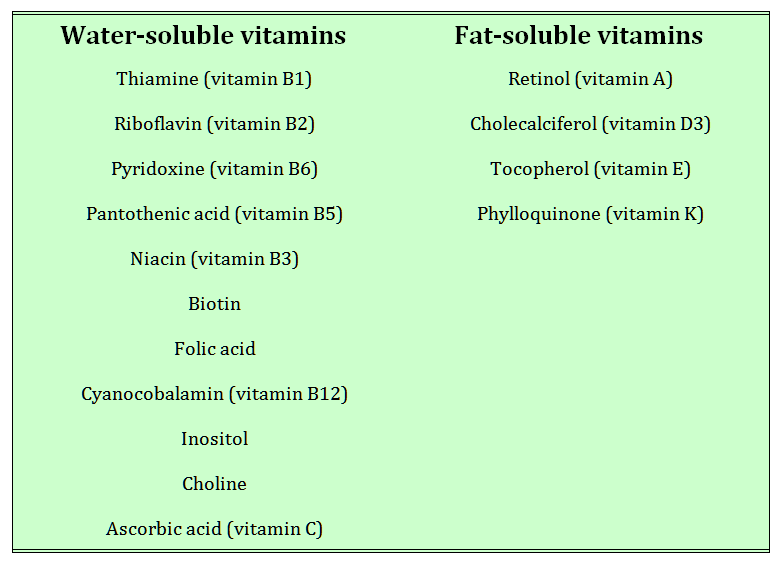
As their name suggests, the fat-soluble vitamins are absorbed from the gastrointestinal tract in the presence of fat and can be stored within the fat reserves of the body whenever dietary intake exceeds metabolic demands; storage increasing with a dietary intake to the extent that a toxic condition (hypervitaminosis) may be produced. By contrast, the water-soluble vitamins are not stored in appreciable quantities in the animal body; body stores being rapidly depleted in the absence of regular dietary water-soluble vitamin sources. Water-soluble vitamins are able to freely travel throughout the body and any unneeded quantities are usually flushed out by the kidneys. Frequent small doses of water-soluble vitamins are required by the body and this type of vitamin is not as likely to approach toxic levels as fat-soluble vitamins are.
Functions of Vitamins
Vitamins have no caloric value. However, if on one hand, they do not have a role purely for energy, on the other hand, they are essential in regulating a good part of the chemical reactions that occur in the body, including energetic reactions. For example, in the case of the B group vitamins, precious co-enzymes are able to adjust the glycolysis and the Krebs cycle, two of the most important functions for the production of energy.
Vitamins act as real bio-organic catalysts with bio-regulator functions. They act as co-enzymes, supporting the action of enzymes to catalyze chemical reactions necessary for life.
Some vitamins also have an antioxidant function and are able to protect the body from harmful factors for cell structures such as free radicals.
Other types of vitamins are involved in hormonal balance, in bones, hair and teeth growth, while others are essential to the proper functioning of the eyes and the nervous system.
Are vitamin supplements really good for me?
Multivitamins are a good way to help supplement a diet for those who don’t always have time to shop for fresh vegetables, fruit, and whole grains. But most health experts agree that vitamin supplements are not a replacement for a good, well-balanced diet. In fact, if you eat a well-balanced diet, you have no need for a multivitamin. Supplementing the areas where your diet falls short with specific vitamins may be a better plan if you’re a relatively healthy eater. But before you start to use any vitamin supplement you should talk to your doctor: because taking too much of any vitamin (especially fat-soluble ones) when you actually don’t need it, can be very toxic for the body.
When you select your multivitamins between the many available in the market, you should remember that the choice of your ideal vitamin supplements depends on:
- Your current health
- Your age
- Your diet
- Your gender
- Your exercise regimen
Each of the listed factors will determine the quantities of each vitamin that your body requires.
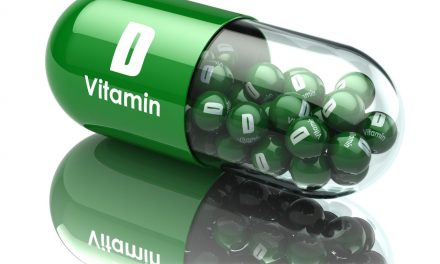
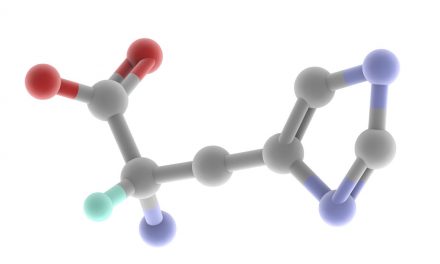




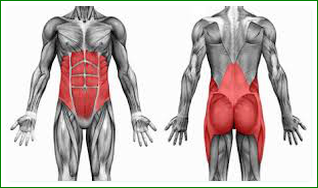

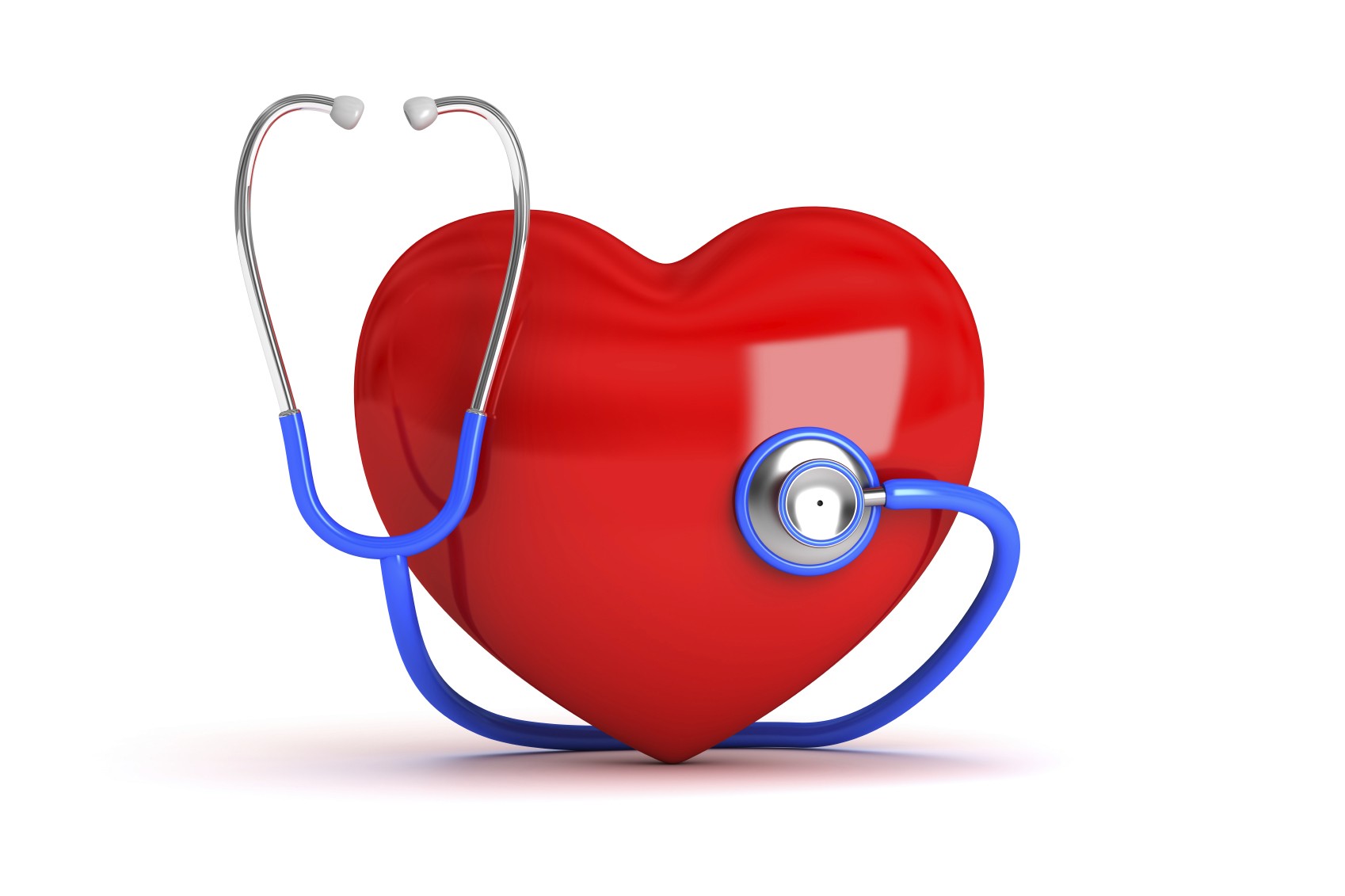


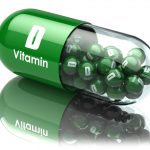
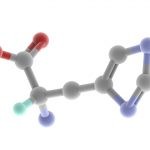

w, this was a really good post!